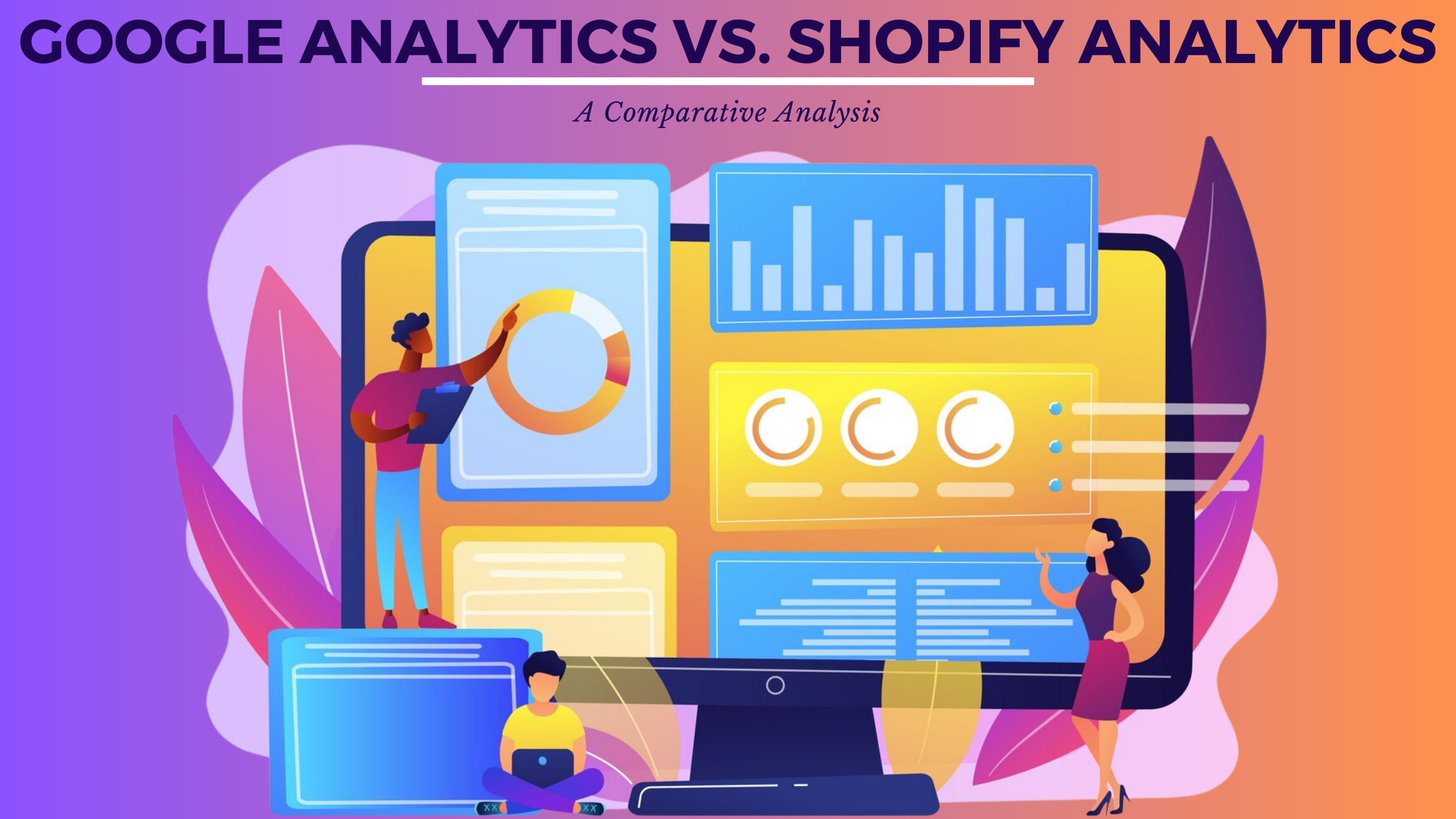Google Analytics vs. Shopify Analytics: A Comparative Analysis
- Data as a Service (DaaS) Software Marketing & Analytics


Google Analytics vs. Shopify Analytics: A Comparative Analysis
In the world of e-commerce, understanding your customers’ behavior is crucial for success. Two popular tools that provide insights into this are Google Analytics1 and Shopify Analytics2. This article will compare these two platforms and highlight some relevant SaaS products that can enhance their functionality.
Understanding Google Analytics
Google Analytics1 is a powerful tool that provides insights into user behavior across devices and platforms. It offers detailed reporting, allowing for greater insight into customer behavior3. It’s best for anything that relates to content, behavior of visitors in your store, customer journey, marketing analytics etc3.
Understanding Shopify Analytics
Shopify Analytics2 is best for anything related to customers, products, inventory, sales analytics etc. It provides essential data to run a business. However, it lacks the ability to drill down into metrics and does not always provide accurate data3.
Comparative Analysis
While both tools offer unique benefits, they serve different purposes. Shopify Analytics is inherently incomplete, leaving Shopify merchants without valuable insights to make well-informed decisions for their store4. On the other hand, Google Analytics offers more detailed reporting, allowing for greater insight into customer behavior3.
Relevant SaaS Products
Here are some relevant SaaS products that can be used in conjunction with Google Analytics and Shopify Analytics to further enhance the user experience:
- Microsoft Bing5: Bing offers a variety of services, including web search, image search, video search, maps, and more. It can be used to drive traffic to your Shopify store.
- AutoDS6: AutoDS is an all-in-one dropshipping software that allows sellers to source products for dropshipping from a variety of suppliers.
- EcomDash7: EcomDash is a web-based inventory, order, purchase order, shipping, dropshipping, and listing management software that integrates with Shopify.
- DSM Tool8: DSM Tool is an innovative all-in-one dropshipping software that allows sellers to source products for dropshipping from an endless variety of suppliers.
- Social Rabbit Plugin9: Social Rabbit is a marketing software that automates daily social media marketing work such as posting content, following users, collecting data and analytics, and engaging with followers.
- ClickFunnels10: ClickFunnels is a platform that helps you create and market your website, sell your products, and deliver your services online with proven funnels, checkout, membership sites, CRM, and more.
Conclusion
In conclusion, both Google Analytics and Shopify Analytics offer unique benefits and serve different purposes. Choosing between the two depends on your specific needs and the nature of your e-commerce business. By integrating these tools and utilizing relevant SaaS products, you can automate various aspects of your business, improve customer engagement, and ultimately increase your sales.








